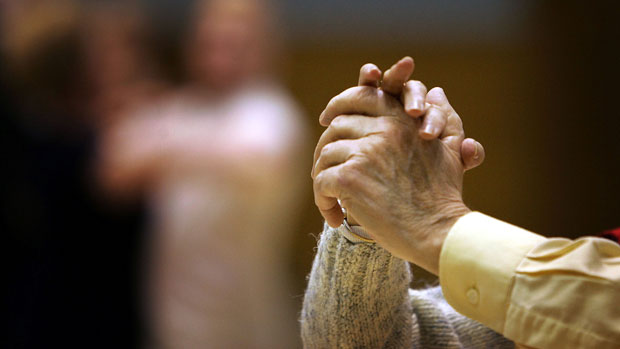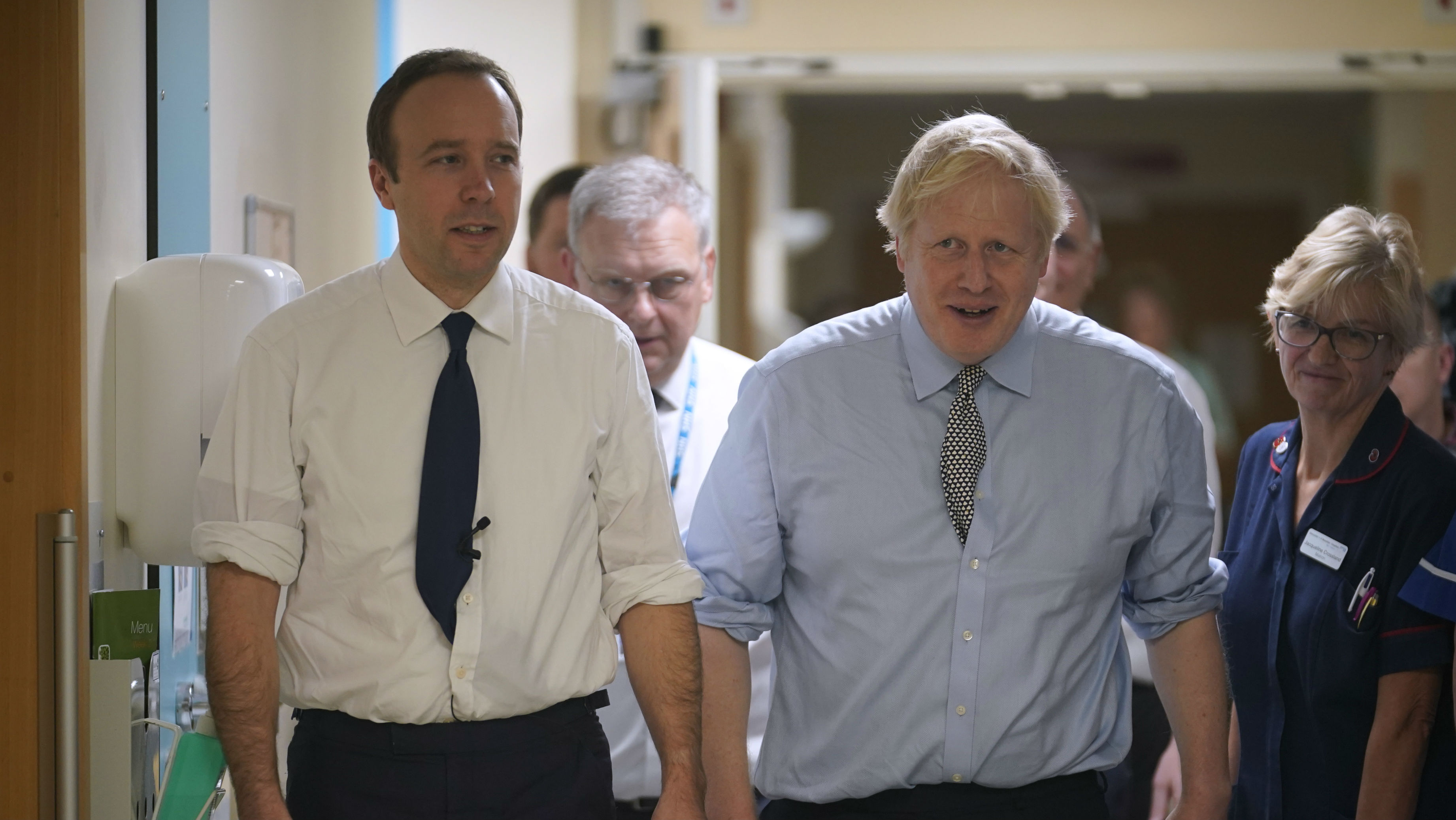Why the life expectancy gender gap is narrowing
Men are 'catching up', but rising inequality is forecast as the gap between Britain's rich and poor widens

A free daily email with the biggest news stories of the day – and the best features from TheWeek.com
You are now subscribed
Your newsletter sign-up was successful
Average life expectancy in some parts of England will exceed 90 in just over a decade's time, with the gap between men and women continuing to narrow, new research suggests.
Scientists at Imperial College in London predict that that by 2030, men will live for an average of 85.7 years, just two years less than women. This is attributed to a drop in deaths among young men from road accidents and homicides, as well as an increase in female smokers. In 1981, the difference between sexes was six years.
However, the gap between rich and poor continues to widen, as the figures reveal stark regional variations. Research suggests life expectancy for men is lowest in Blackpool and for women in Gwent, while men and women living in the City of London are predicted to live the longest.
The Week
Escape your echo chamber. Get the facts behind the news, plus analysis from multiple perspectives.

Sign up for The Week's Free Newsletters
From our morning news briefing to a weekly Good News Newsletter, get the best of The Week delivered directly to your inbox.
From our morning news briefing to a weekly Good News Newsletter, get the best of The Week delivered directly to your inbox.
"We forecast rising inequalities, with bigger increases in lifespan for people in affluent areas than those in disadvantaged areas," lead researcher Professor Majid Ezzati told The Guardian.
He said austerity was to blame and warned that greater investment in health and social care will be needed to cope with the ageing population.
"Most of us would like to live an active and healthy fulfilling long life," Dave Leighton, from the charity Age UK told Sky News. "The challenge for society is how do we make sure people do have a decent quality of life as they get older."
The research conducted by epidemiologists at Imperial College puts the life expectancy for men more than two years higher than official numbers produced by the Office for National Statistics.
A free daily email with the biggest news stories of the day – and the best features from TheWeek.com
Commenting on the recent study, Brian Beach from the International Longevity Centre think tank said: "The methods used look very solid and innovative. It has been known for some time that life expectancy can be influenced by social factors and where people live."
Who in Britain is expected to live the longest?
Highest life expectancy for women in 2030
1. City of London (London): 92.6 years
2. Kensington and Chelsea (London): 91.2
3. East Dorset (South West): 91.0
Lowest life expectancy for women in 2030
1. Blaenau Gwent (Wales): 84.5 years
=2. Middlesbrough UA (North East): 84.7
=2. Manchester (North West): 84.7
Highest life expectancy for men in 2030
1. City of London (London): 90.7 years
2. Kensington and Chelsea (London): 89.8
3. Hart (South East): 89.4
Lowest life expectancy for men in 2030
1. Blackpool UA (North West): 81.4 years
2. Manchester (North West): 81.9
3. Kingston upon Hull, City (Yorkshire and the Humber): 82.5
-
 Local elections 2026: where are they and who is expected to win?
Local elections 2026: where are they and who is expected to win?The Explainer Labour is braced for heavy losses and U-turn on postponing some council elections hasn’t helped the party’s prospects
-
 6 of the world’s most accessible destinations
6 of the world’s most accessible destinationsThe Week Recommends Experience all of Berlin, Singapore and Sydney
-
 How the FCC’s ‘equal time’ rule works
How the FCC’s ‘equal time’ rule worksIn the Spotlight The law is at the heart of the Colbert-CBS conflict
-
 Neanderthal gene ‘caused up to a million Covid deaths’
Neanderthal gene ‘caused up to a million Covid deaths’Speed Read Genetic tweak found in one in six Britons means cells in the lungs are slower to launch defences
-
 Legalising assisted dying: a complex, fraught and ‘necessary’ debate
Legalising assisted dying: a complex, fraught and ‘necessary’ debateSpeed Read The Assisted Dying Bill – which would allow doctors to assist in the deaths of terminally ill patients – has relevance for ‘millions’
-
 Vaccinating children: it’s decision time for the health secretary as kids return to school
Vaccinating children: it’s decision time for the health secretary as kids return to schoolSpeed Read Sajid Javid readying NHS England to roll out jab for children over 12, amid fears infections will rocket
-
 ‘Vaccination blunts, but does not defeat’: exploring Israel’s fourth Covid wave
‘Vaccination blunts, but does not defeat’: exploring Israel’s fourth Covid waveSpeed Read Two months ago, face masks were consigned to bins. Now the country is in a ‘unique moment of epidemiological doubt’
-
 Thousands told to self-isolate in Covid app pinging error, claims Whitehall whistleblower
Thousands told to self-isolate in Covid app pinging error, claims Whitehall whistleblowerSpeed Read Source says Matt Hancock was privately told of the issue shortly before he resigned as health secretary
-
 Record 5.45m people on NHS England waiting lists
Record 5.45m people on NHS England waiting listsSpeed Read Health chief warns that crisis is nearing ‘boiling point’ as backlog grows
-
 Covid testing: the ‘great new game of holiday roulette’
Covid testing: the ‘great new game of holiday roulette’Speed Read On one day last week, the price of a private PCR test ranged from £23.99 to £575
-
 San Marino is first European country to offer ‘vaccine vacation’
San Marino is first European country to offer ‘vaccine vacation’Speed Read Tiny landlocked nation to give Russian Sputnik vaccine to paying tourists